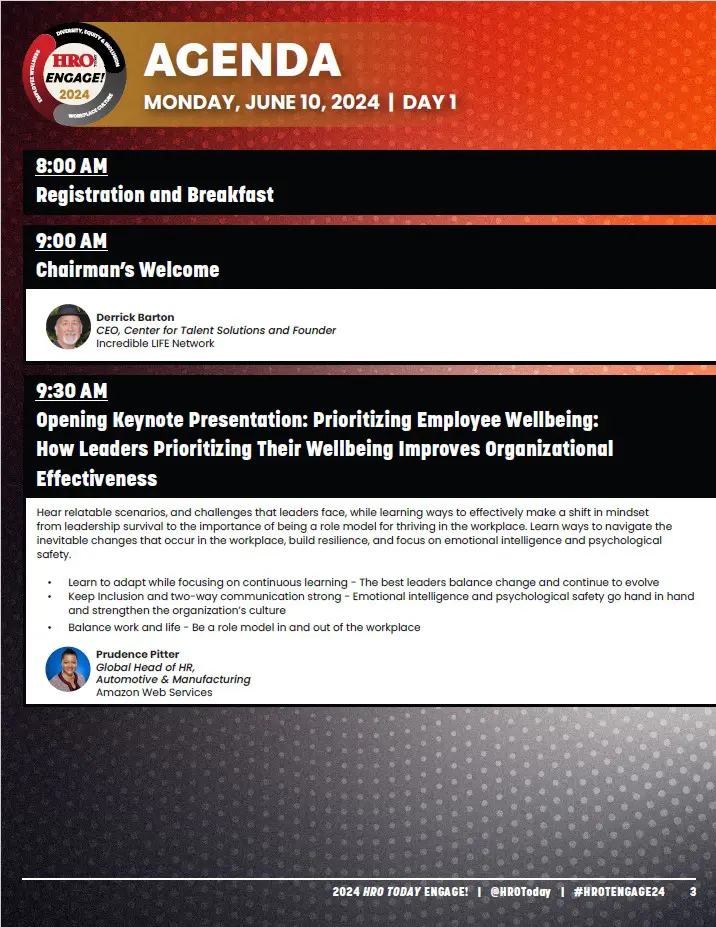When training lacks accessibility or relevance to real work, participation plummets, according to research from upGrad Enterprise.
By Maggie Mancini
Workplace skilling in India is either widespread or absent, according to research from upGrad Enterprise. Over the last fiscal year, 50% of professionals did not participate in any workplace training. Over two-thirds (66%) cite a lack of access as a top reason, while 34% point to outdated or irrelevant content. Nearly half (42%) participated in a handful of training programmes throughout the year.
When training lacks accessibility or relevance to real work, participation plummets. For many professionals, skilling remains out of reach or out of sync.
In some cases, mandates ensure participation, as three in four professionals train only when required, but sustained engagement depends on personal relevance. Professionals in India commit to skilling when it provides clear career advancement opportunities (50%), results in recognition from leadership or peers (40%), and helps them remain competitive in the labour market (25%).
Workplaces often skill for technical expertise, while teams expect holistic development, the report finds. Soft skills, personal growth, and strategic thinking are rising in demand among employees, while employers continue to prioritise technical skills and industry-specific knowledge.
Gen X, millennials, and Gen Z employees differ significantly in how they learn, though 63% of HR leaders do not tailor upskilling by cohort. While Gen X employees are more pragmatic and prefer hands-on learning over digital options, millennials prefer peer-led opportunities, and Gen Z expects self-based platforms and external subject matter experts to help them learn.
Nearly 60% of HR leaders report investing less than 5% of their budgets in skilling. Meanwhile, 61.5% of CHROs report no measurable ROI, highlighting a clear need for focussed investment and strategic alignment, the report finds.













